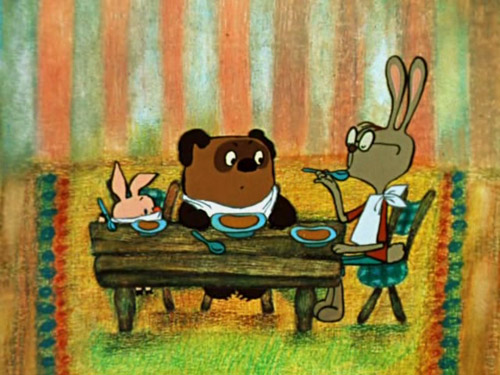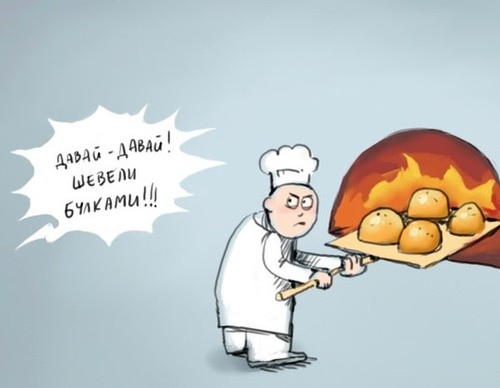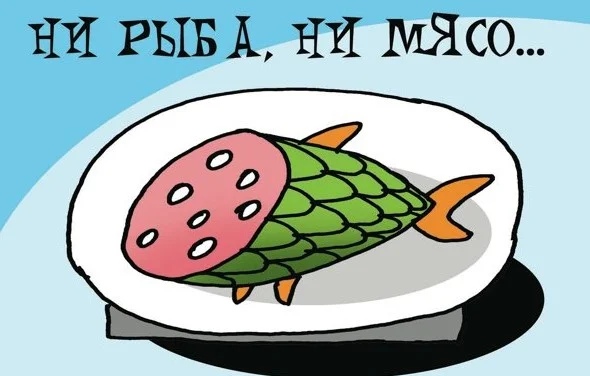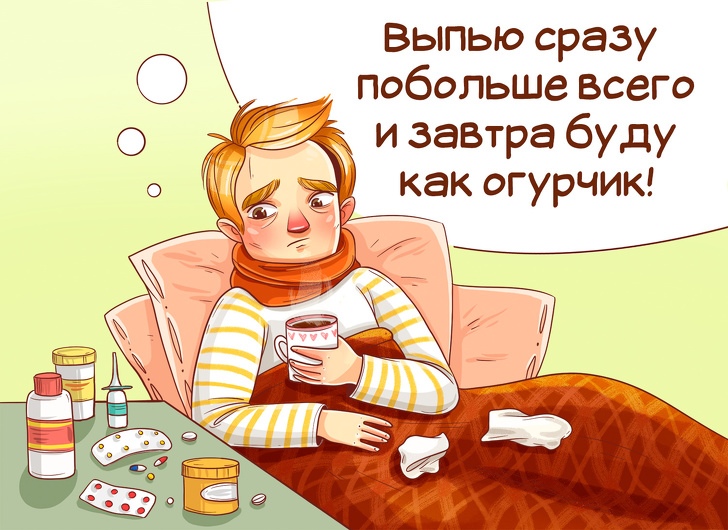
Published: 05.05.2021
10 colloquial Russian expressions with gastronomic features
Every country has weird idioms and expressions connected with food — wreck your brain and you will definitely come up with a couple of them! Today we are going to share with you some examples from the Russian language, prepared by Anastasia Karausheva, Enjoy Russian School tutor.
1. If someone has a huge nose, what do you call it? Right, Russians would say нос картошкой, which literally means nose like a potato. It is a little bit mean so do not say to a stranger that he has this kind of nose.
2. When you are extremely late and you want to rush your friend up, you may say шевели булками! Actually, it means to move your buns (implying one soft part of your body) but in English, we can only say move your feet, which is not that expressive.
3. Скатертью дорога! – that’s what you say when you don’t want to see someone anymore and will not regret for his leaving. Good riddance, so to say. Commonly used in soap Russian movies.
Every country has weird idioms and expressions connected with food — wreck your brain and you will definitely come up with a couple of them! Today we are going to share with you some examples from the Russian language, prepared by Anastasia Karausheva, Enjoy Russian School tutor.
1. If someone has a huge nose, what do you call it? Right, Russians would say нос картошкой, which literally means nose like a potato. It is a little bit mean so do not say to a stranger that he has this kind of nose.
- У неё внешность деревенской девушки: голубые глаза, светлые волосы и нос картошкой. She looks like a country girl: blue eyes, fair hair and a nose like a potato.
2. When you are extremely late and you want to rush your friend up, you may say шевели булками! Actually, it means to move your buns (implying one soft part of your body) but in English, we can only say move your feet, which is not that expressive.
- Дорогой, шевели булками, иначе мы опоздаем на оперу. Sweetheart, move your feet otherwise we will be late for the opera.
3. Скатертью дорога! – that’s what you say when you don’t want to see someone anymore and will not regret for his leaving. Good riddance, so to say. Commonly used in soap Russian movies.
- Если ты хочешь уйти, то скатертью тебе дорога. If you want to go, good riddance.

4. The concept of the next expression is frequently witnessed in politicians’ speeches but they never pronounce it themselves. Вешать лапшу на уши (to hang noodles on someone’s ears) is a good way to say that someone pulls the wool over your eyes.
- Иногда продавцы вешают тебе лапшу на уши, чтобы ты купил ненужную вещь. Sometimes salesmen pull the wool over your eyes so you would buy one more unnecessary thing.

5. Каша в голове (oatmeal brain) — this is a state of mind which every student experienced at least once in his life.
6. This kind of faces you can see at 8 a.m. in the underground or when you give 5000 roubles to the bus driver, who has to give you the change— кислое лицо, sour face.
7. Ни рыба ни мясо (neither fish nor flesh) used to call someone or something odd or hard to understand or doesn’t belong to a known group.
8. This phrase can also be referred to any politician — как сыр в масле кататься means rolling in the cash or having all perks. Literally, it says to roll like cheese in butter.
9. When you hear that something is не сахар, it means very hard to deal with. Besides, it can be used to describe a person with a difficult character.
- Когда я слушал лекции, всё было понятно, а когда я пришёл на экзамен, у меня была каша в голове. When I attended lectures, everything was clear but when I took an exam, I had an oatmeal brain.
6. This kind of faces you can see at 8 a.m. in the underground or when you give 5000 roubles to the bus driver, who has to give you the change— кислое лицо, sour face.
- Не делай кислое лицо. Don’t you make a sour face?
7. Ни рыба ни мясо (neither fish nor flesh) used to call someone or something odd or hard to understand or doesn’t belong to a known group.
- Он нам никогда не нравился: ни рыба ни мясо. We never liked him: neither fish nor flesh.
8. This phrase can also be referred to any politician — как сыр в масле кататься means rolling in the cash or having all perks. Literally, it says to roll like cheese in butter.
- У этой девушки богатые родители: она как сыр в масле катается. This girl has wealthy parents: she’s rolling in dough.
9. When you hear that something is не сахар, it means very hard to deal with. Besides, it can be used to describe a person with a difficult character.
- У Маши характер не сахар. Masha is no angel.
- Жизнь у него была не сахар, но потом он нашёл хорошую работу. His life was no picnic but then he found a good job.

10. Как огурчик (as a cucumber) is a phrase which means fresh as a daisy (do not confuse it with cool as cucumber). Usually Russians say it only about people, not things.
- После вчерашней вечеринки он был как огурчик. After yesterday’s party he was fresh as a daisy.

Follow our news and learn Russian with us by Russian learning materials or choose an individual course!
SIMILAR POSTS
Subscribe for Enjoy Russian news
DO YOU WANT TO RECEIVE THE BEST ARTICLES FROM ENJOYRUSSIAN ONCE A WEEK?
Contact us
We will select a Russian language course for your goals
Categories
Our Courses
We use cookies to provide the best site experience.
Ok, don't show again








